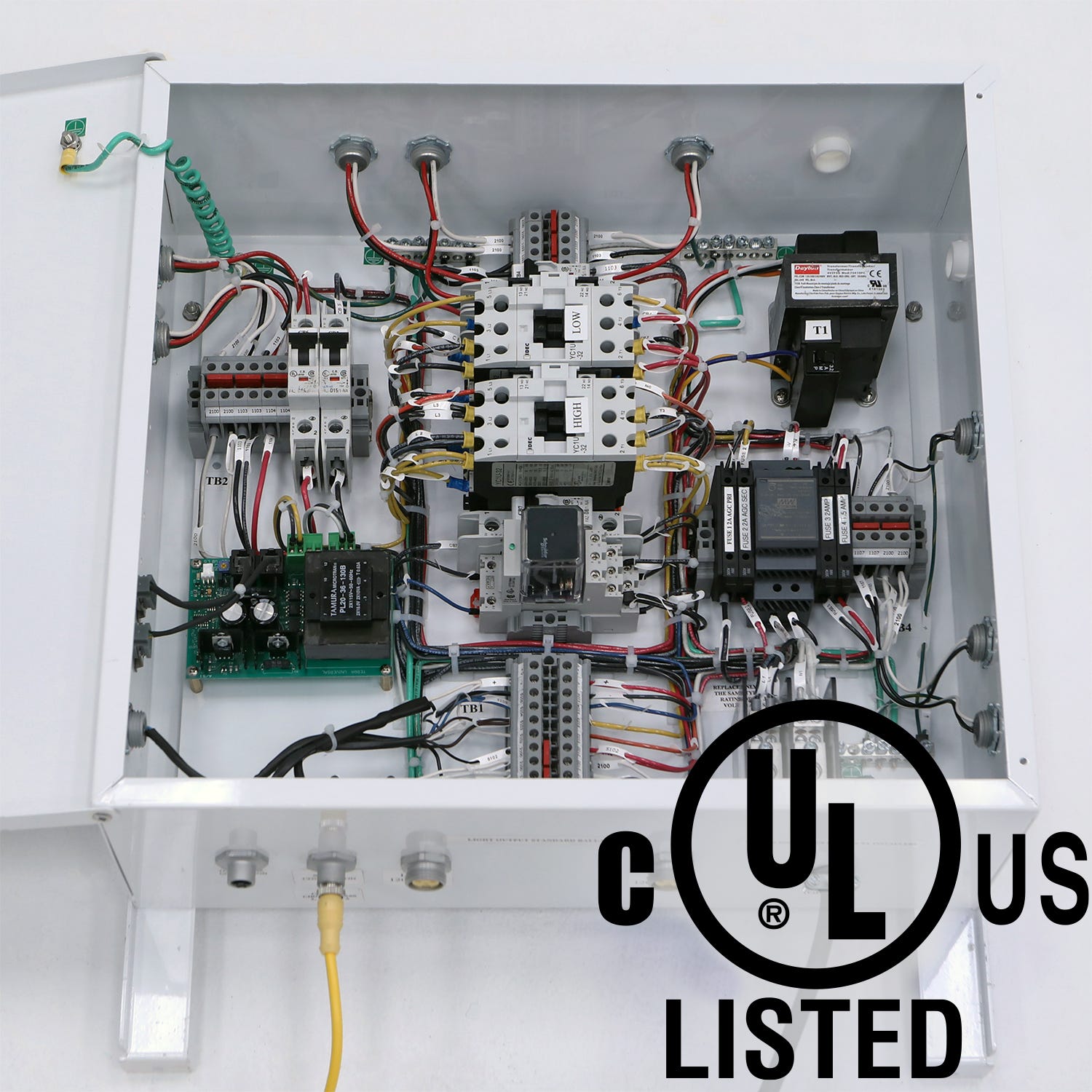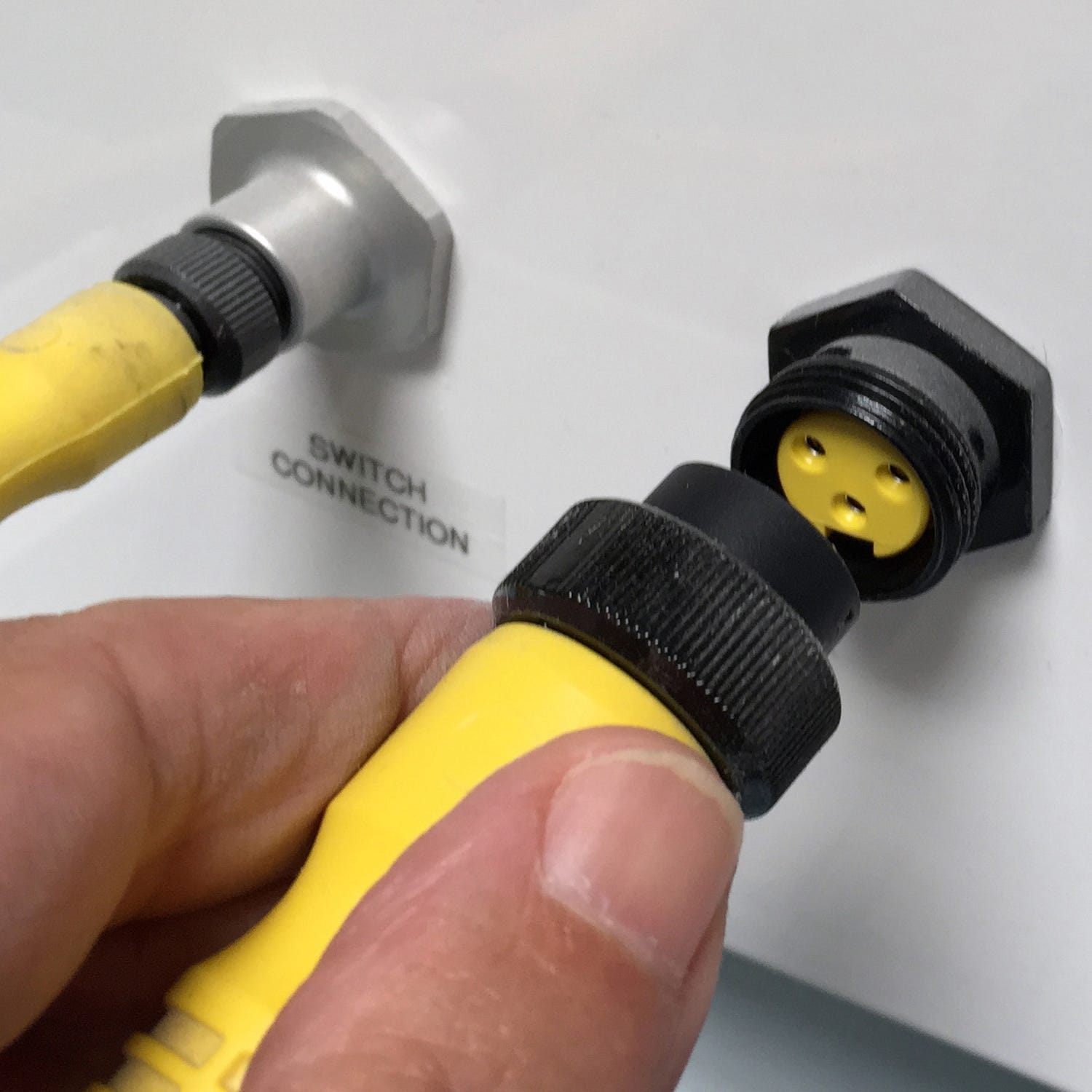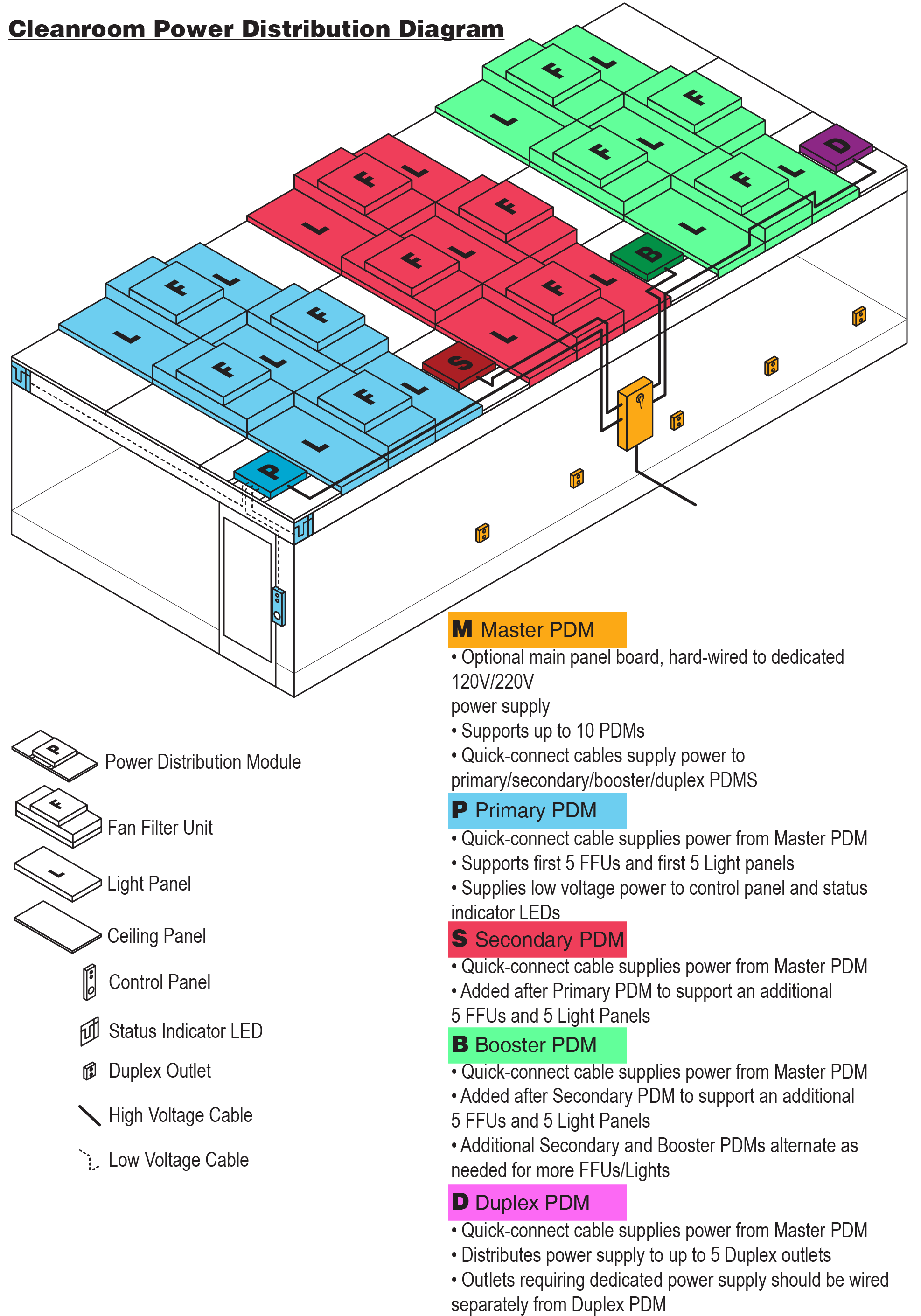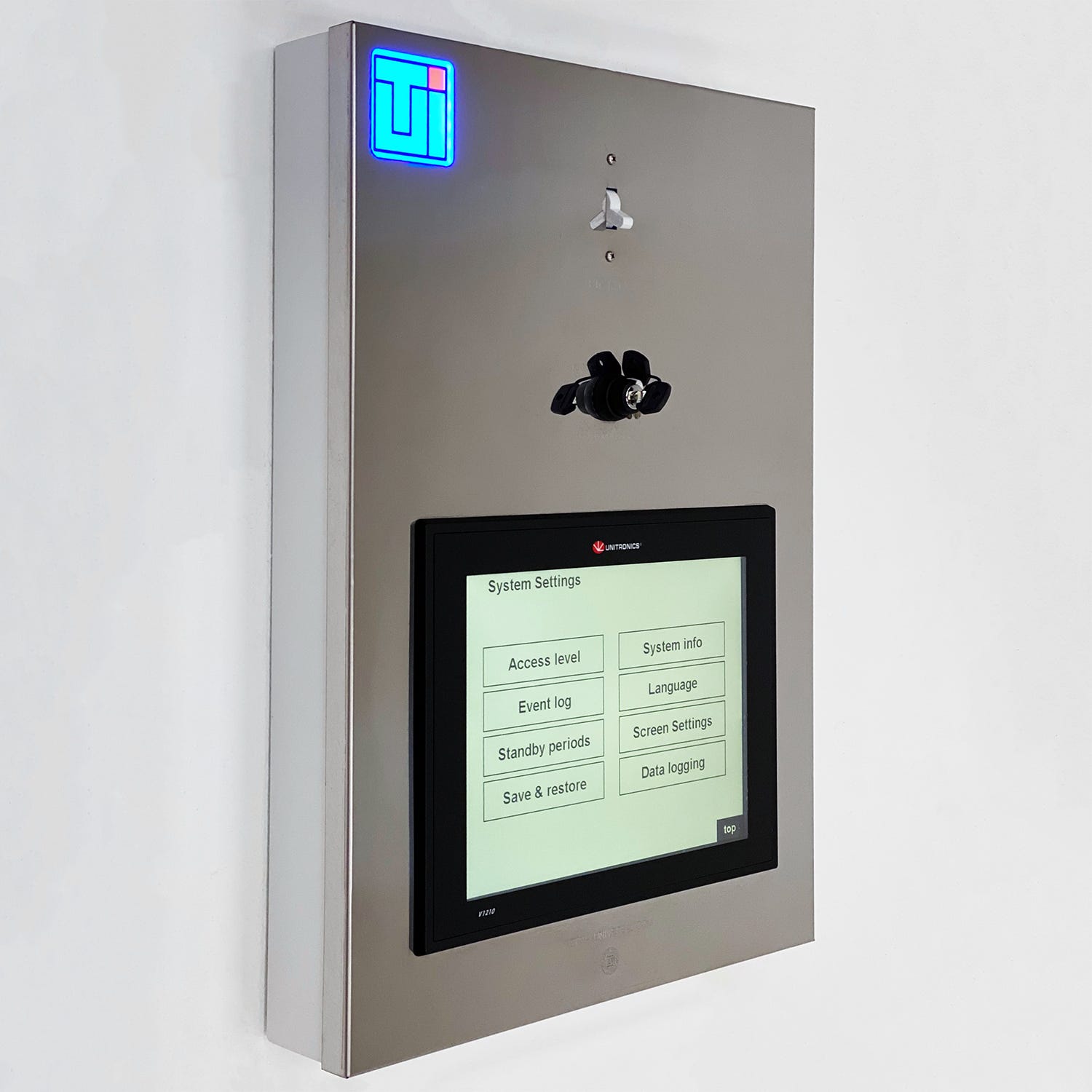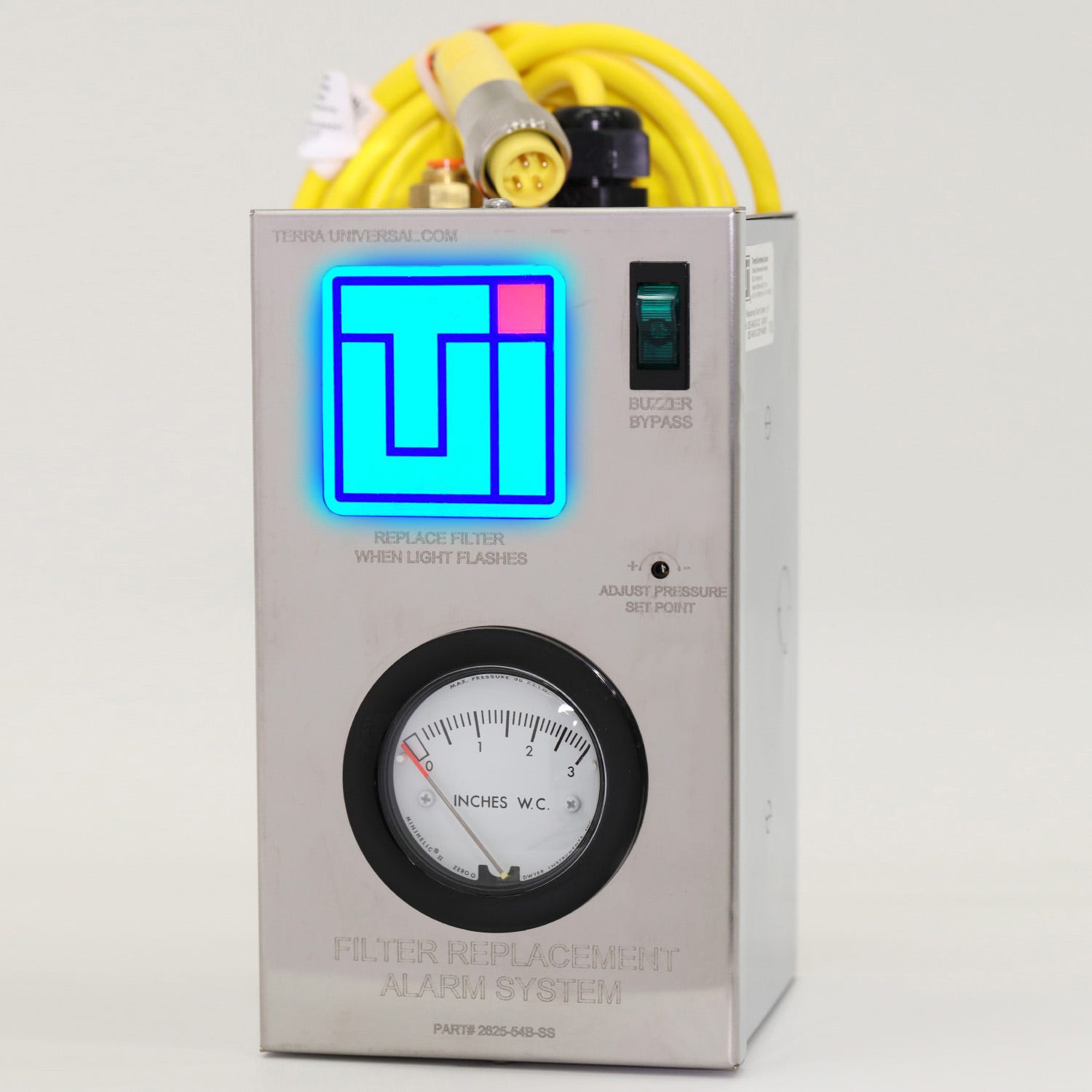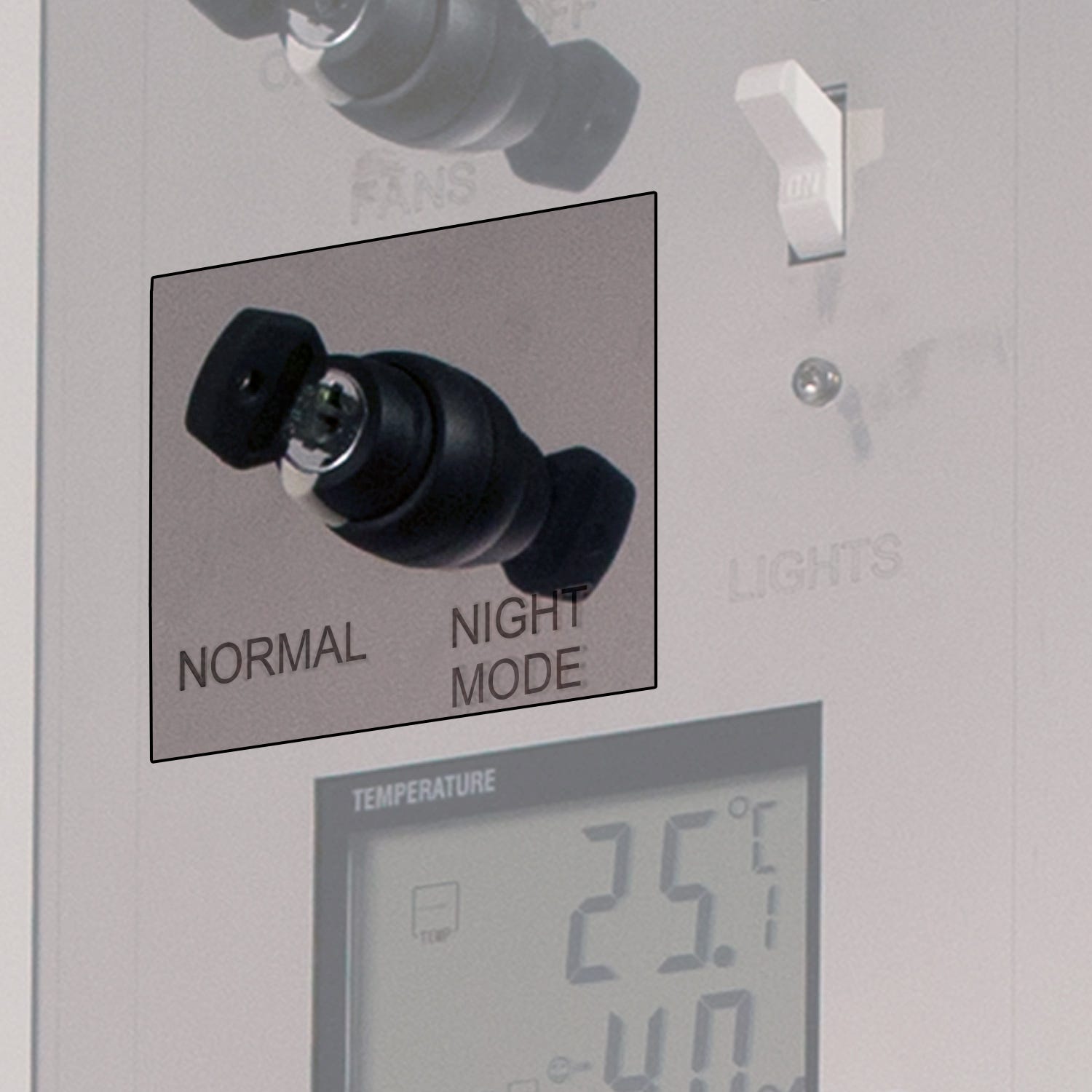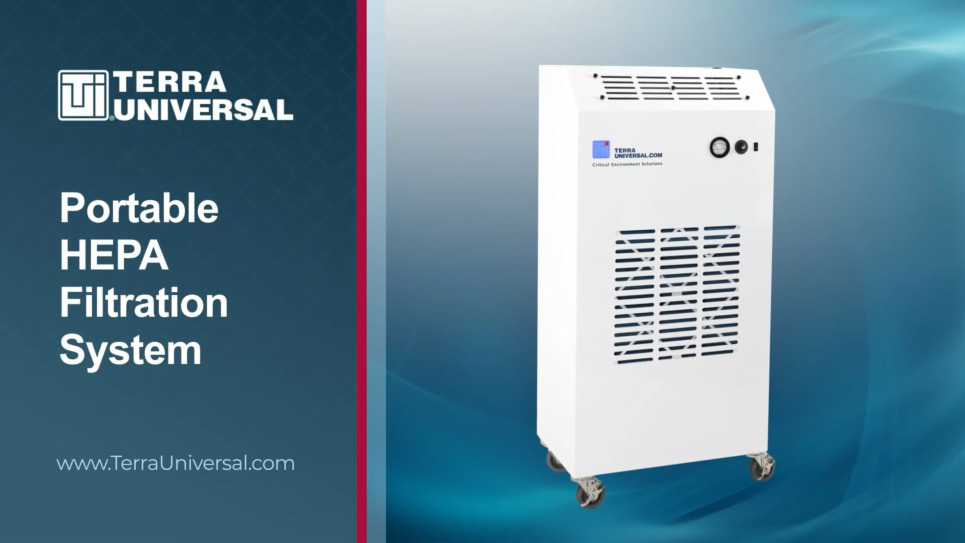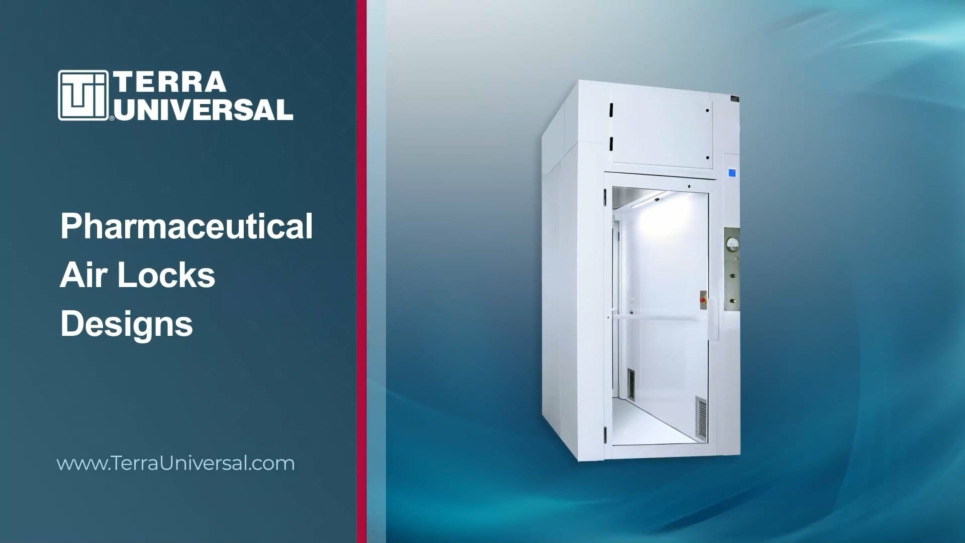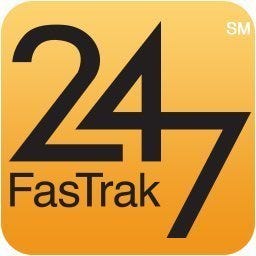For companies considering the installation of a cleanroom, there are two primary design options: stick-built (brick-and-mortar) and modular construction. Since the first cleanrooms were installed in the 1960s, more companies have opted for stick-built rooms. However, modular systems are more popular now than at any time in the past. Each design methodology has distinct benefits; certain applications favor one design over the other, given the specific criteria for industry compliance.
In modular construction, pre-fabricated and pre-engineered wall panels, frames, ceiling grids and components are manufactured at an off-site factory under highly-controlled conditions. Each of the modular components are tested, validated, packaged for shipment, delivered to the jobsite, and assembled by factory-trained installers. The components are engineered to tight tolerances, allowing them to easily fit together during assembly.
The construction materials used in modular cleanrooms differ from stick-built designs. Modular wall panels are composed of non-shedding and non-reactive materials, such as static-dissipative PVC, acid-resistant polypropylene and thermal-resistant polycarbonate. The cleanroom frame and ceiling grid is fabricated out of 304-grade stainless steel or ASTM-rated powder-coated steel that is durable, non-absorptive and resists commonly-used cleaners and disinfectants.
Modular systems often carry higher up-front costs and longer fabrication times, as the specialty cleanroom materials specified are harder to source. The modular wall system doesn’t include space to run electrical connections, plumbing lines, networking cables and gas connections, resulting in exposed lines running down wall panels or dropped from ceiling tiles. Given the design of the framing system, flooring integration (including coving) can be more challenging for modular installations. However, modular systems offer a lot of advantages. As modular systems are made from pre-fabricated panels and framing, the installation time is much shorter than stick-built systems, which are built from scratch on a per-project basis. Modular systems provide the customer with flexibility to redesign, reorient, partially disassemble or completely move the cleanroom to a new facility without significant impact to the building. Modular rooms offer lower operational costs and require fewer routine maintenance visits than stick-built designs, which require consistent repainting. The rare maintenance performed on a modular room often does not require full cleanroom decommissioning, shortening the time before the cleanroom is again operational. As completely free-standing structures (with limited building integrations) using UL-listed pre-engineered components, modular cleanrooms make navigating the permitting and certification process easier for the user.
Stick-built (brick-and-mortar) cleanrooms involve the use of metal-stud framing covered by gypsum wallboard (sometimes known as drywall or sheetrock). For less-critical (ISO 7 and above) applications, a three-part epoxy paint is applied to the gypsum board to prevent cracks or crevices between the wall system and the ceiling grid or flooring. For the most critical (ISO 6 and cleaner) applications, a wall panel made of FRP (Fiberglas-reinforced plastic) or PVC is affixed to the gypsum board using a cleanroom-grade sealant. The wall panels are caulked using a seam treatment to prevent microbes from colonizing within gaps in the walls panels. Stick-built designs include either integrated hard ceilings composed of gypsum board or pre-fabricated ceiling grids, like their modular counterparts. Stick-built assemblies commonly include integrated flooring, such as coved epoxy-coated systems or interlocking cleanroom-grade tiles. As permanent structures installed within an existing building, stick-built cleanrooms integrate with the building electrical, plumbing, gas and telecommunication systems.
Stick-Built designs often carry lower up-front costs and shorter fabrication times than their modular counterparts, as the construction materials are readily available, easier to procure and less cost prohibitive. However, installation timeframes for stick-built designs are much longer than modular system, given the high amount of skilled labor required to complete the construction. Construction timeframes are commonly delayed by a lengthier permitting process, inspection hold points, and dry times associated with wet-applied coatings, such as adhesives, paint, sealants, caulk and spackle. On average, stick-built rooms take approximately 35% longer to install than modular cleanrooms. As compared to modular designs, stick-built cleanrooms carry higher operational and maintenance costs, due to annual repainting, re-caulking, dent and scratch repairs that are required. Any maintenance of a stick-built assembly requires cleanroom decommissioning, lengthening the time before the cleanroom is again operational.
Certain applications prefer stick-built designs, whereas other industries commonly opt for modular systems. For cGMP-compliant pharmaceutical and USP-compliant drug compounding operations, stick-built designs are the common choice, given the ease of installing coved flooring, spray-down resistant wall and ceiling panels, and the ability to hide plumbing lines and electrical cords. As drywall is prone to mold and mildew growth in moist conditions, applications requiring humid environments, like vivariums, animal husbandry, and cell culture research, choose modular systems. Biosafety level II and above facilities prefer stick-built rooms because integration with the building HVAC and exhaust scrubbing systems is paramount to maintaining operator safety and BSL-compliance. Companies working in dynamic environments, such as contract manufacturing, prefer modular systems as the increase in design flexibility allows for regular room reconfiguration.
Terra Universal offers both stick-built and modular solutions for every application and industry. Our pre-fabricated components, including wall panels, ceiling grids, filter fan units, lights, control systems, doors and windows are compatible with both brick-and-mortar designs and modular assemblies. Terra offers a top-to-bottom turnkey service, including engineering design, material fabrication, product testing, guaranteed shipment, delivery, installation, certification and project hand-off. Call a Terra product specialist at 714-578-6100 to discuss Terra’s wide range of cleanroom solutions.




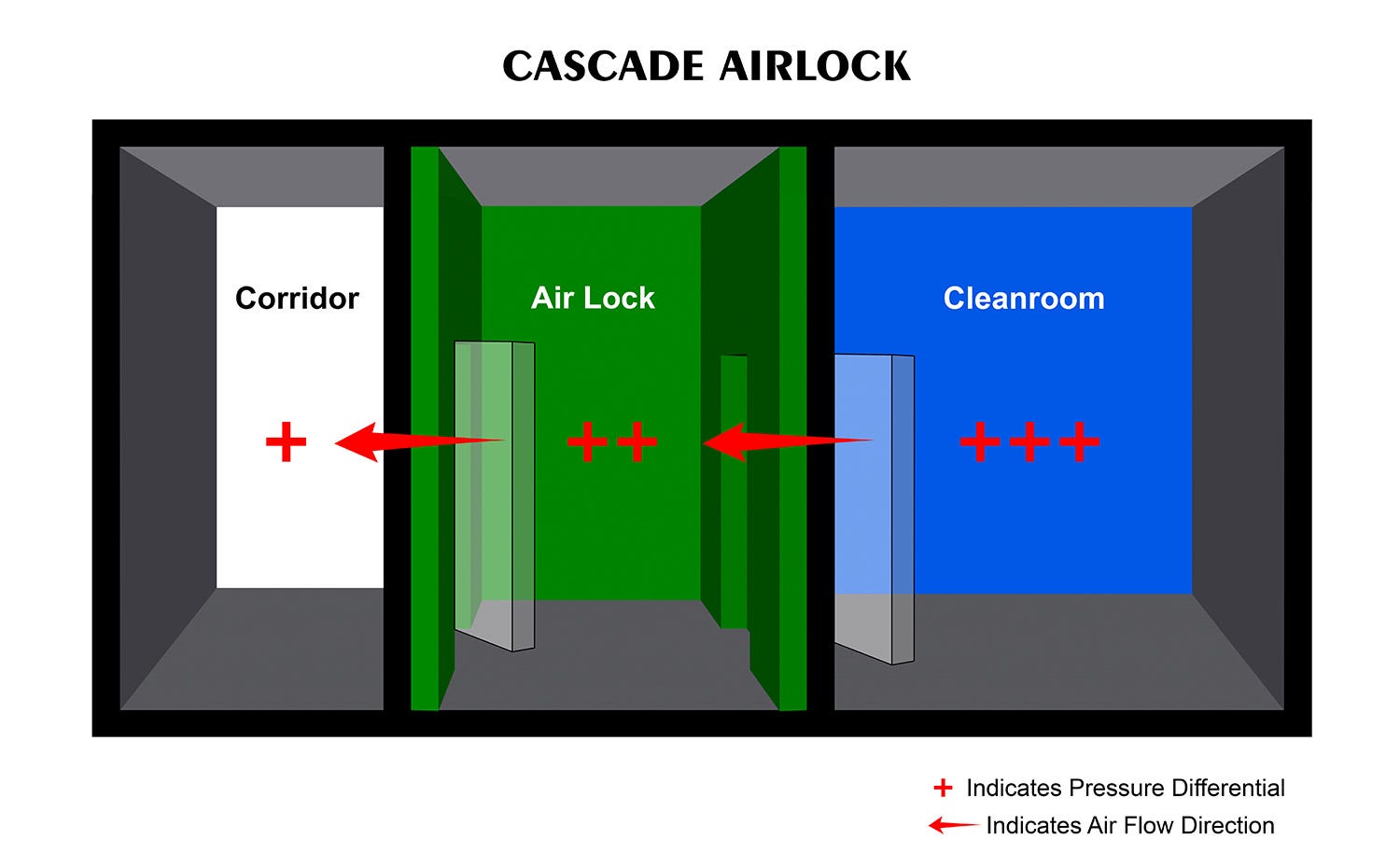
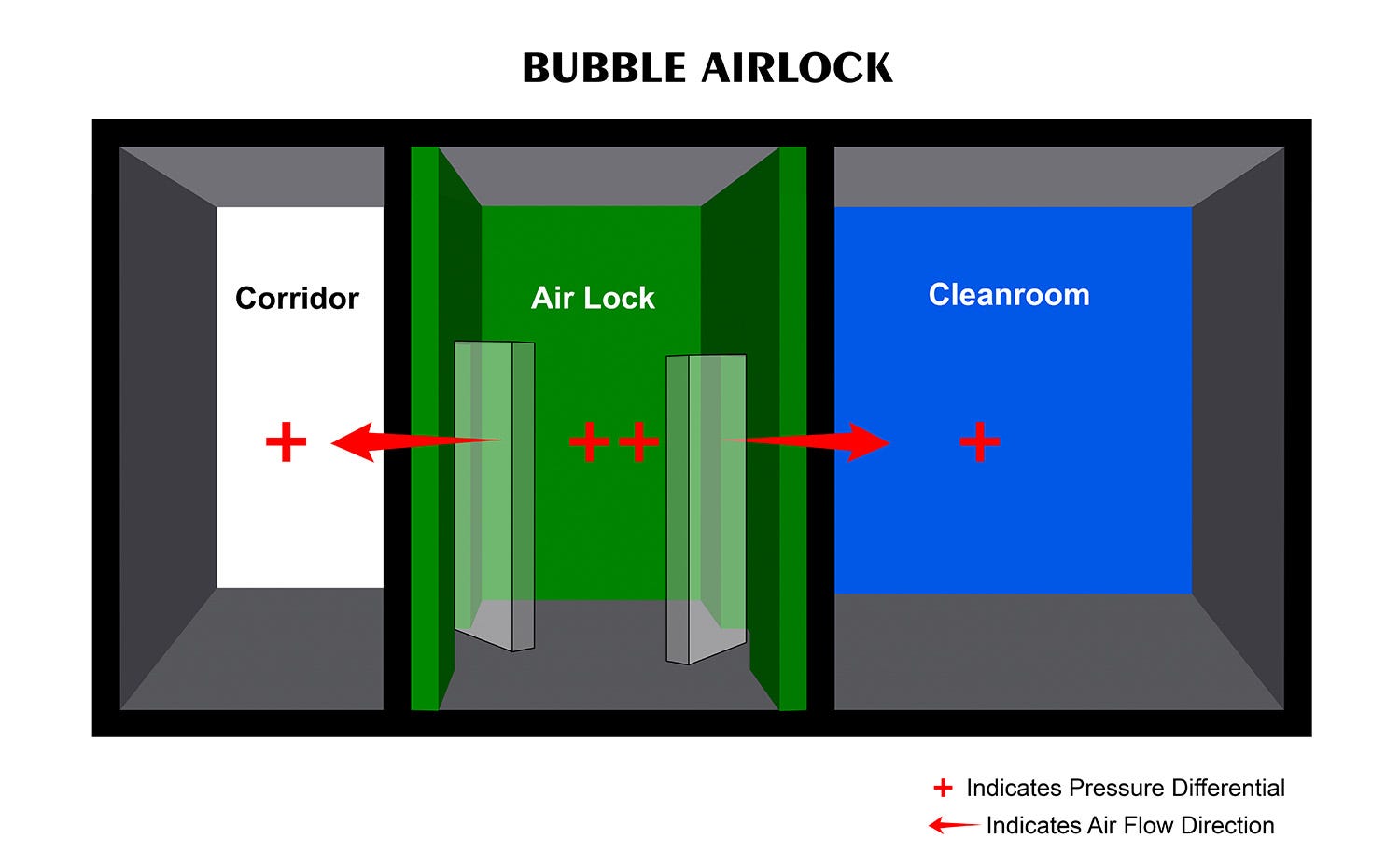
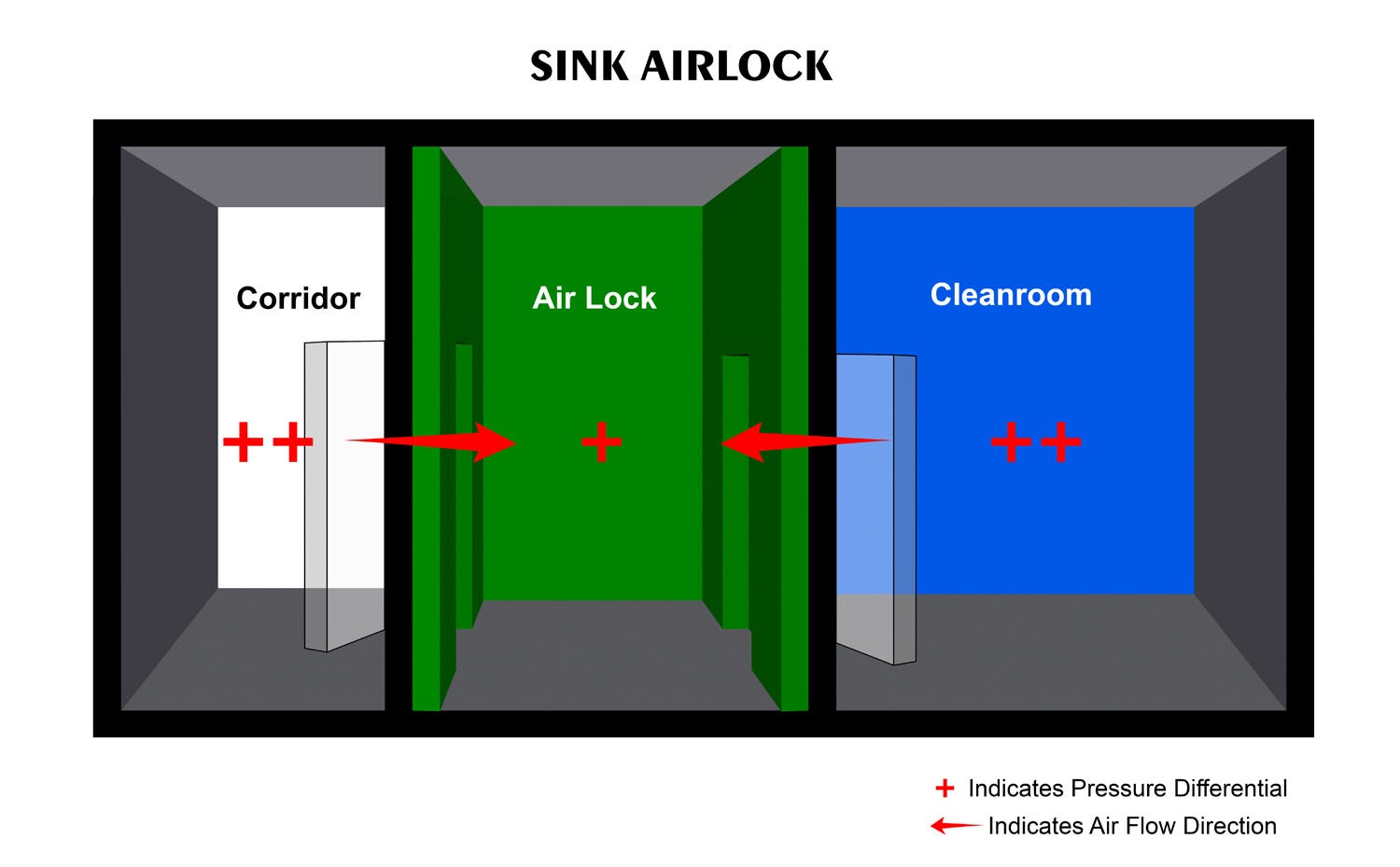

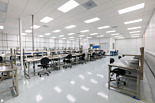





.jpg)

